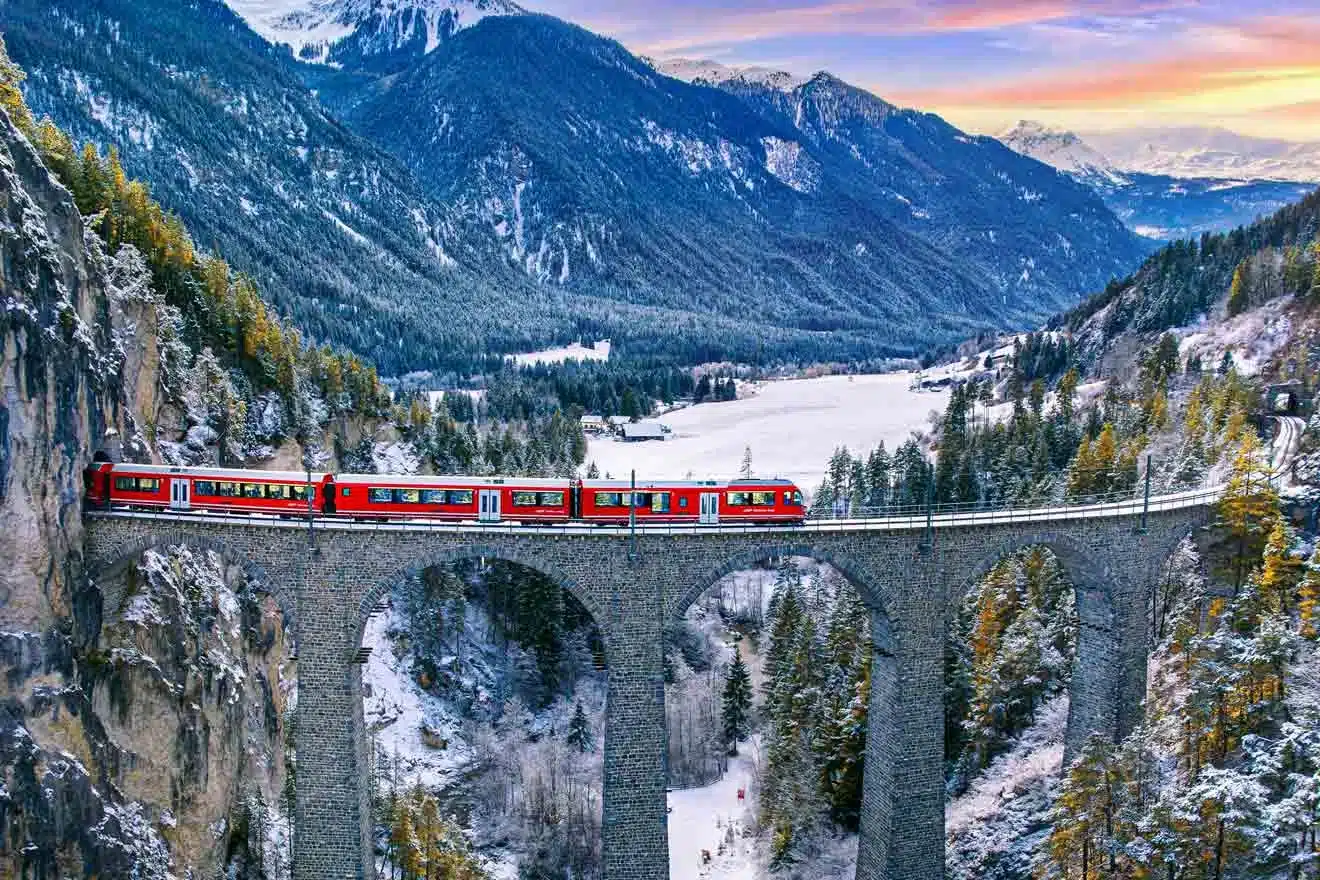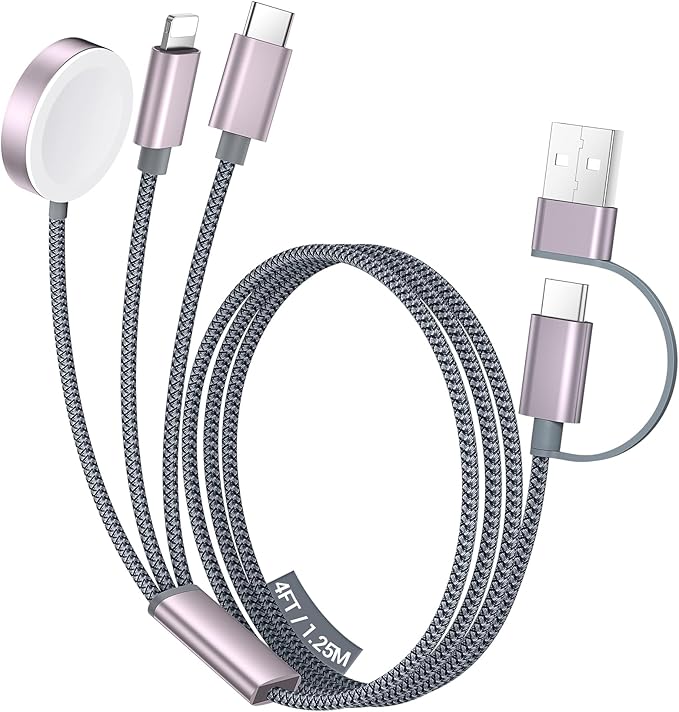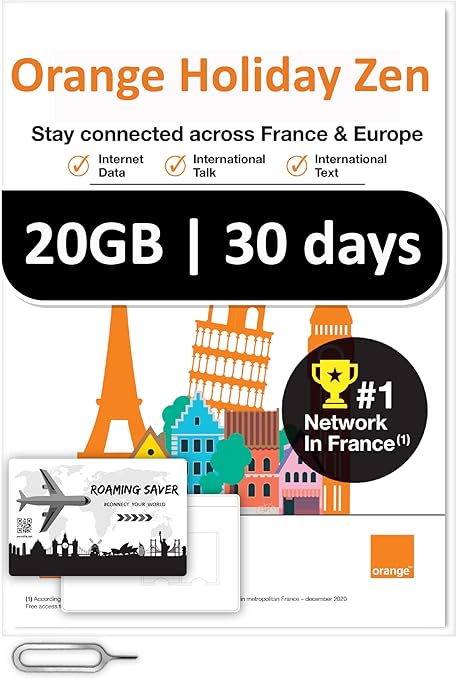Switzerland, with its majestic Alps, pristine lakes, and charming villages, is a dream destination for many travelers. Known for its high cost of living, it might seem daunting to plan a trip here, especially on a tight budget.
However, with strategic planning, Switzerland can be surprisingly accessible for budget travelers, mid-range explorers, and luxury seekers alike.
This guide covers everything you need to know to plan your Switzerland trip tailored to your budget, ensuring an unforgettable experience without breaking the bank.
Enjoy Your Event Stress-Free with Euro Travelo
Planning a trip to attend a festival, concert, or business event in Europe can be overwhelming—tickets, travel, accommodation, and local logistics all take time and effort. Euro Travelo makes it simple by providing everything you need through one trusted company. You save time, avoid stress, and enjoy a seamless experience from start to finish.
Why Choose Euro Travelo:
- Secure and easy ticket booking for concerts, festivals, theaters, and business events.
- Complete travel planning including flights, trains, and local transportation.
- Accommodation arrangements near event venues, tailored to your needs.
- Convenient local transfers, from airport pickups to private shuttles.
- On-site concierge support to help you navigate venues and schedules.
- Custom itineraries and experience packages combining multiple events, tours, and activities.
- Secure payment process, making it safe and convenient to book all services online.
- Flexibility: even if you need only one service, we can assist individually.
Why Visit Switzerland?
Switzerland offers a diverse range of experiences: skiing in world-class resorts, hiking in lush meadows, savoring Swiss chocolate and cheese, and exploring vibrant cities like Zurich and Geneva.
Whether you’re drawn to the serene beauty of Lake Lucerne, the iconic Matterhorn, or the cultural richness of Bern, Switzerland has something for everyone. The key to enjoying it all lies in smart planning, regardless of your budget.
Step 1: Setting Your Budget
Before diving into the details, determine your budget range:
- Budget Traveler: $50–$100 per person per day (hostels, public transport, self-catering).
- Mid-Range Traveler: $150–$300 per person per day (hotels, dining out occasionally, guided tours).
- Luxury Traveler: $400+ per person per day (5-star hotels, fine dining, private tours).
These estimates cover accommodation, food, transport, and activities. Switzerland’s costs are high, but with careful choices, you can stretch your budget further.
Step 2: When to Visit
Timing your trip can significantly impact costs:
- Peak Season (June–August, December–February): Ideal for summer hiking and winter sports, but expect higher prices and crowds. Book accommodations and activities early.
- Shoulder Seasons (April–May, September–October): Mild weather, fewer tourists, and lower prices make these months perfect for budget and mid-range travelers.
- Off-Season (November, March): Cheapest time to visit, with fewer crowds, but some attractions (especially in alpine areas) may be closed.
Pro Tip: Check for festivals like Fête de l’Escalade in Geneva (December) or Montreux Jazz Festival (July) to align your visit with unique cultural experiences, but book early to avoid price spikes.
Step 3: Getting There
Flights
- Budget: Use flight comparison tools like Skyscanner or Google Flights to find deals to Zurich, Geneva, or Basel. Budget airlines like EasyJet and Ryanair offer flights from Europe starting at $30–$100 one-way. Book 2–3 months in advance for the best rates.
- Mid-Range: Opt for major carriers like Swiss Air for comfort and reliability, with round-trip tickets from the U.S. or Asia averaging $600–$1,200.
- Luxury: Consider business or first-class tickets ($2,000+) for added comfort, especially on long-haul flights.
Pro Tip: Flying into nearby airports like Milan or Munich and taking a train to Switzerland can save money, especially for budget travelers.
Trains
Switzerland’s train system, operated by SBB, is world-renowned for efficiency and scenic routes. If arriving from Europe, trains from Paris, Milan, or Munich are affordable and eco-friendly.
- Budget: Book point-to-point tickets early for as low as $20–$50.
- Mid-Range/Luxury: Invest in a Swiss Travel Pass ($250–$600, depending on duration) for unlimited travel on trains, buses, and boats, plus free entry to many museums.
Step 4: Getting Around
Switzerland’s public transport is expensive but exceptional. Here’s how to navigate based on your budget:
- Budget: Use regional passes like the Tell-Pass (Lucerne region, ~$200 for 10 days) or buy single tickets for short trips ($5–$20). Walking or biking in cities like Bern or Lucerne is free and enjoyable.
- Mid-Range: The Swiss Travel Pass is a game-changer, covering most trains, buses, and boats, plus discounts on mountain railways (e.g., Jungfraujoch). A 3-day pass costs ~$250.
- Luxury: Rent a car (~$80–$150/day) for flexibility, or book private transfers for seamless travel between cities and resorts.
Pro Tip: Download the SBB Mobile app for real-time schedules and ticket purchases to save time and avoid ticket counter fees.
Step 5: Where to Stay
Accommodation costs vary widely, but options exist for every budget:
- Budget:
- Hostels: Stay in dorms at places like Zurich’s Youth Hostel ($40–$60/night) or Geneva Hostel ($35–$50/night).
- Camping: Campsites like Camping Jungfrau in Lauterbrunnen cost $15–$30/night. Bring your own gear or rent on-site.
- Airbnb: Budget-friendly apartments start at $50–$80/night in smaller towns.
- Mid-Range:
- 3-Star Hotels: Comfortable hotels in cities like Interlaken or Lausanne cost $100–$200/night. Book via Booking.com for deals.
- Guesthouses: Charming options in Zermatt or St. Moritz run $80–$150/night.
- Luxury:
- 5-Star Hotels: Stay at iconic properties like Badrutt’s Palace in St. Moritz or The Dolder Grand in Zurich ($400–$1,000/night).
- Chalets: Rent private alpine chalets in Verbier or Gstaad for $1,000+/night.
Pro Tip: Book accommodations 3–6 months in advance for peak seasons. For budget travelers, consider staying in smaller towns like Interlaken instead of pricier cities like Zurich.
Step 6: Where to Eat
Switzerland’s culinary scene is a delight, but dining out can be pricey. Here’s how to eat well on any budget:
- Budget:
- Supermarkets: Shop at Coop or Migros for bread, cheese, and deli meats (~$10–$20/day). Prepare picnics for scenic meals by lakes or mountains.
- Street Food: Grab a bratwurst or pretzel from street vendors ($5–$10).
- Budget Restaurants: Look for daily specials at local eateries (e.g., rösti or fondue for $15–$25).
- Mid-Range:
- Cafés and Bistros: Enjoy hearty Swiss dishes like raclette or Zürcher Geschnetzeltes at mid-range restaurants ($20–$40/meal).
- Breweries: Visit local spots like Appenzeller Brewery for affordable meals and craft beer (~$15–$30).
- Luxury:
- Michelin-Starred Restaurants: Dine at places like Cheval Blanc in Basel or La Réserve in Geneva ($100–$300/meal).
- Fondue Experiences: Book a private fondue night at a mountain chalet (~$80–$150/person).
Pro Tip: Many restaurants offer “menu du jour” (daily specials) at lunch, which are cheaper than dinner. Carry a reusable water bottle—tap water is safe and free.
Step 7: Must-Visit Destinations and Activities
Switzerland’s attractions cater to all interests. Here are budget-friendly and splurge-worthy options:
Budget-Friendly Activities
- Hiking: Free trails in the Jungfrau region or Appenzell offer stunning views. Download AllTrails for route ideas.
- Free City Walking Tours: Available in Zurich, Geneva, and Bern (tip-based, ~$5–$10).
- Lake Activities: Swim or relax by Lake Geneva or Lake Lucerne for free.
- Museums: Use the Swiss Travel Pass for free entry to over 500 museums, like the Swiss National Museum in Zurich.
Mid-Range Activities
- Jungfraujoch: Known as the “Top of Europe,” tickets cost ~$200, but discounts apply with a Swiss Travel Pass.
- Lake Cruises: Take a boat on Lake Thun or Lake Zurich (~$20–$50, free with Swiss Travel Pass).
- Paragliding: Try tandem paragliding in Interlaken (~$150–$200).
Luxury Activities
- Private Tours: Book a private guide for a Matterhorn trek or a city tour in Geneva (~$300–$600/day).
- Ski Resorts: Splurge on a ski package in Zermatt or Verbier ($200–$500/day, including rentals and lessons).
- Helicopter Tours: See the Alps from above (~$1,000+/hour).
Pro Tip: Check for regional passes like the Jungfrau Travel Pass ($150–$250) for discounted access to multiple attractions in one area.
Step 8: Budget-Saving Tips
- Travel Off-Peak: Visit in the shoulder or off-season to save on flights and accommodations.
- Use Passes: The Swiss Travel Pass or regional passes offer excellent value for transport and attractions.
- Self-Cater: Buy groceries and cook simple meals to cut food costs.
- Stay in Smaller Towns: Places like Lauterbrunnen or Thun are cheaper than Zurich or Geneva.
- Book Early: Secure flights, trains, and accommodations months in advance for discounts.
- Free Activities: Take advantage of free hiking, city walking tours, and public beaches.
Sample 7-Day Itinerary
Budget Itinerary ($350–$700/person)
- Day 1: Arrive in Zurich, explore Old Town (free walking tour).
- Day 2: Train to Lucerne, visit Chapel Bridge, picnic by Lake Lucerne.
- Day 3–4: Head to Interlaken, hike free trails in Lauterbrunnen, stay in a hostel.
- Day 5: Visit Bern, explore the Bear Park and Old Town (free).
- Day 6: Day trip to Thun, relax by the lake, shop at Coop for meals.
- Day 7: Return to Zurich, depart.
Mid-Range Itinerary ($1,050–$2,100/person)
- Day 1: Arrive in Zurich, stay in a 3-star hotel, and explore Lake Zurich.
- Day 2: Train to Lucerne, take a lake cruise (Swiss Travel Pass).
- Day 3–4: Head to Interlaken, visit Jungfraujoch, stay in a guesthouse.
- Day 5: Explore Bern, dine at a mid-range restaurant.
- Day 6: Visit Zermatt, see the Matterhorn, and try paragliding.
- Day 7: Return to Zurich, depart.
Luxury Itinerary ($2,800+/person)
- Day 1: Arrive in Zurich, stay at a 5-star hotel, dine at a Michelin-starred restaurant.
- Day 2: Private tour of Zurich, visit Kunsthaus Museum.
- Day 3–4: Train to Zermatt, ski or hike with a private guide, stay in a chalet.
- Day 5: Head to Geneva, take a private lake cruise, and dine at La Réserve.
- Day 6: Helicopter tour of the Alps, relax at a spa.
- Day 7: Return to Zurich, depart.
Switzerland Trip Budget Comparison Table
Explore Switzerland on any budget with tailored options for accommodations, transport, food, and activities.
| Category | Budget ($50–$100/day) | Standard ($150–$300/day) | Expensive ($400+/day) |
| Flights | $30–$100 (budget airlines) | $600–$1,200 (major carriers) | $2,000+ (business/first-class) |
| Transport | $5–$20 (single tickets) | $250 (Swiss Travel Pass, 3-day) | $80–$150/day (car rental) |
| Accommodation | $35–$60 (hostels/camping) | $100–$200 (3-star hotels) | $400–$1,000 (5-star hotels) |
| Food | $10–$25 (supermarkets/vendors) | $20–$40 (cafés/bistros) | $100–$300 (Michelin-starred) |
| Activities | Free (hiking, walking tours) | $20–$200 (cruises, Jungfraujoch) | $300–$1,000 (private tours) |
| 7-Day Total | $350–$700/person | $1,050–$2,100/person | $2,800+/person |
Final Tips for a Memorable Trip
- Pack Smart: Bring layers for unpredictable weather, comfortable shoes for hiking, and a universal adapter (Type J plug).
- Learn Basic Phrases: English is widely spoken, but knowing “Grüezi” (hello) or “Danke” (thank you) enhances your experience.
- Stay Connected: Buy a Swiss SIM card (~$20 for 10GB) or use free Wi-Fi in cafés and hotels.
- Respect Local Customs: Switzerland values punctuality and cleanliness—follow recycling rules and be on time for trains.
Switzerland is a destination that can fit any budget with the right planning. Whether you’re savoring a picnic in the Alps, cruising Lake Geneva, or indulging in a luxury chalet, this guide ensures you experience the best of Switzerland without overspending. Start planning today, and let the adventure begin!
Ready to Plan Your Dream Trip to Germany?
If you’ve been dreaming of exploring Germany’s stunning castles, vibrant cities, and rich cultural heritage, this guide will help turn that dream into reality!
From planning your itinerary and setting your budget to uncovering hidden gems beyond Berlin, Munich, and Hamburg — we’ve got everything you need to make your German getaway smooth and unforgettable.
Click the link below to learn step-by-step how to plan your trip to Germany:
How to Plan a Trip to Germany
Whether you’re visiting for the first time or returning to dive deeper into Germany’s history, eurotravelo.com offers expert tips, travel hacks, and detailed itineraries to help you experience the best of Germany. Visit our site and start planning your German adventure today!
FAQs
When is the best time to visit Switzerland on a budget?
The shoulder seasons (April–May, September–October) offer lower prices, mild weather, and fewer crowds. Off-season (November, March) is the cheapest but may have limited attractions.
How can I save money on transportation in Switzerland?
Use a Swiss Travel Pass ($250–$600) for unlimited travel on trains, buses, and boats, or buy regional passes like the Jungfrau Travel Pass ($150–$250) for discounted fares.
What are affordable accommodation options in Switzerland?
Budget travelers can stay in hostels ($35–$60/night), campsites ($15–$30/night), or Airbnbs ($50–$80/night) in smaller towns like Interlaken or Thun.
How can I eat affordably in Switzerland?
Shop at supermarkets like Coop or Migros for meals (~$10–$20/day), enjoy street food ($5–$10), or opt for lunch specials at local eateries ($15–$25).
What are some free or low-cost activities in Switzerland?
Enjoy free hiking in the Alps, walking tours in cities like Zurich or Bern, relaxing by lakes, or visiting museums with a Swiss Travel Pass (free entry to 500+ museums).







